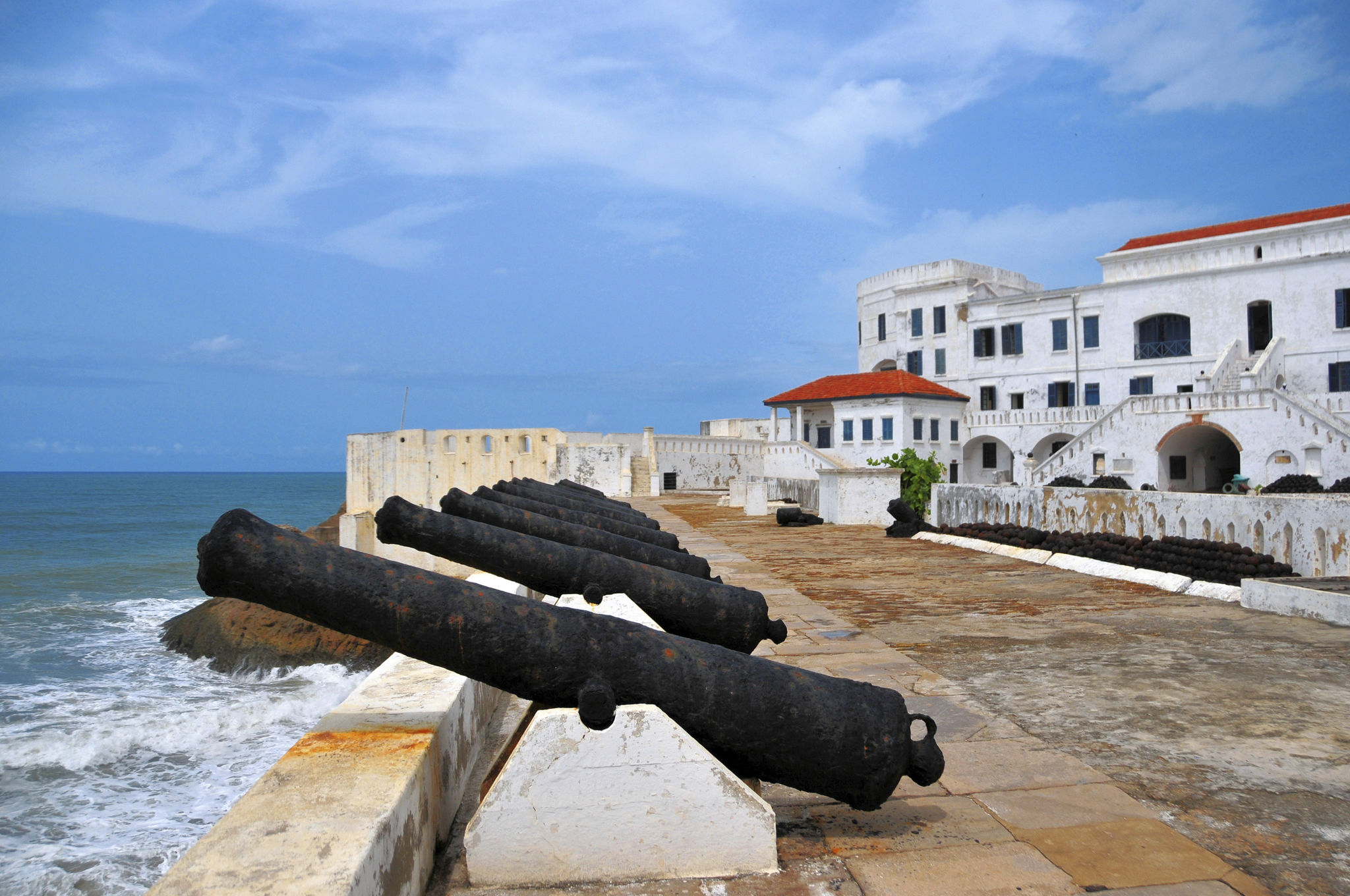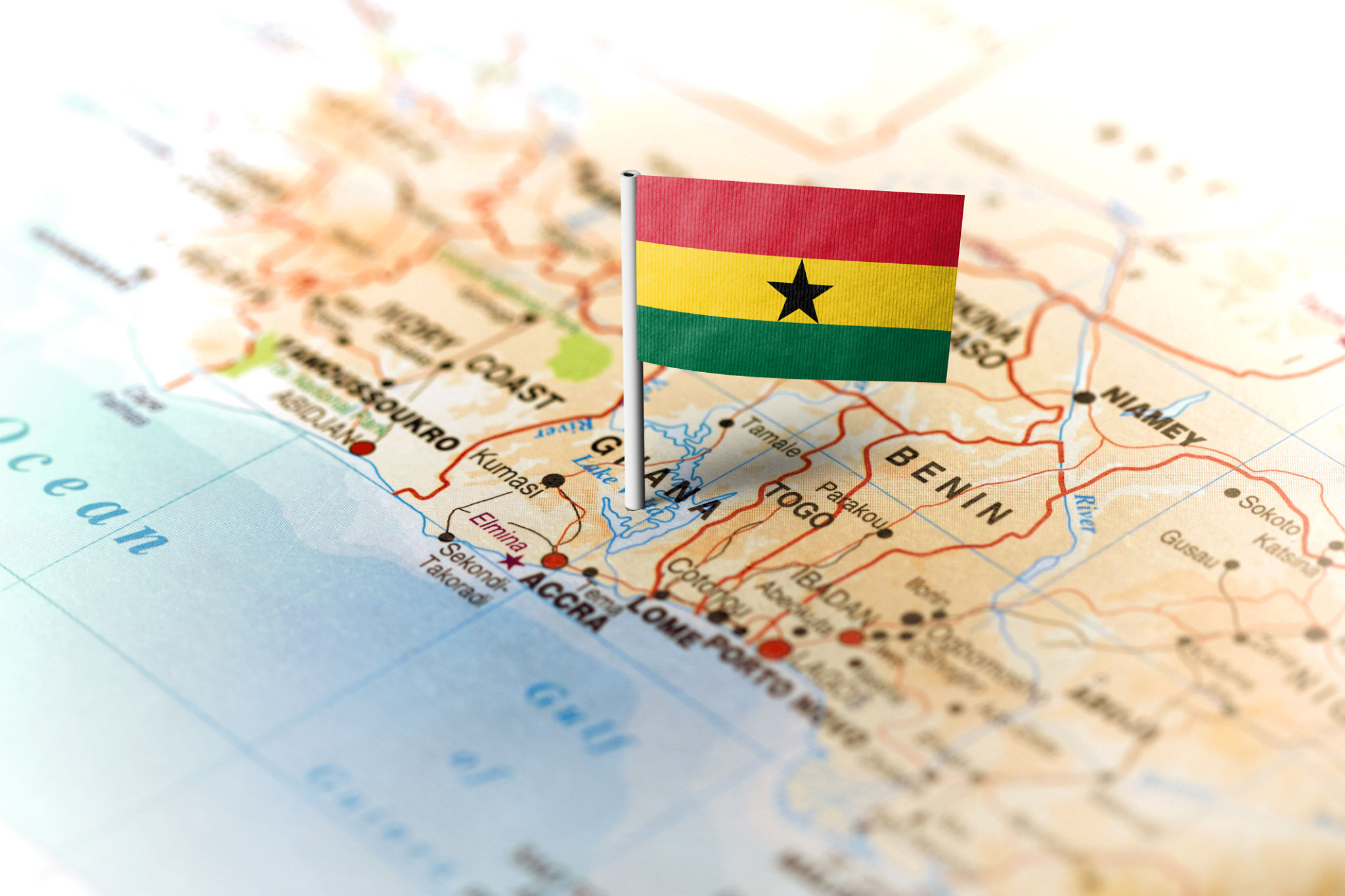Understanding the Impact of Climate Change on Ghana's Coastline
Introduction to Ghana's Coastline
Ghana's coastline stretches approximately 550 kilometers along the Gulf of Guinea, featuring picturesque beaches, bustling fishing communities, and vibrant ecosystems. This coast is not only integral to the country's economy but also to its cultural heritage. However, climate change poses a significant threat to this vital region, bringing about challenges that require urgent attention.

Rising Sea Levels and Coastal Erosion
One of the most evident impacts of climate change on Ghana's coastline is rising sea levels. As global temperatures increase, polar ice caps melt and contribute to higher ocean levels. For coastal regions like Ghana's, this results in severe coastal erosion. Communities lose land at an alarming rate, affecting homes, businesses, and crucial infrastructure.
The erosion not only leads to the loss of land but also damages ecosystems that are vital for maintaining biodiversity. Mangrove forests, which act as natural barriers against storms and provide habitats for various species, are particularly threatened.
Impact on Fishing Communities
Fishing is a cornerstone of Ghana's economy and culture, providing livelihoods for thousands of people. However, climate change disrupts marine ecosystems, impacting fish populations and, consequently, the communities that rely on them. Changes in sea temperature and acidity affect fish breeding and migration patterns, leading to dwindling catches.

Furthermore, coastal erosion threatens infrastructure such as harbors and processing facilities. As these structures become compromised, the economic stability of fishing communities faces significant risks.
Flooding and Its Socioeconomic Effects
Increased rainfall and frequent storms have led to more frequent flooding along Ghana's coast. Such events can displace communities, destroy crops, and damage property. The socioeconomic impact is profound, as access to education, healthcare, and employment opportunities becomes limited in the aftermath of floods.
Efforts to mitigate these effects are ongoing, but the unpredictability of climate patterns makes planning and response challenging. Communities need robust infrastructure and effective policy frameworks to adapt and thrive in changing conditions.

Conservation Efforts and Adaptation Strategies
To combat the adverse effects of climate change on its coastline, Ghana has initiated various conservation efforts. These include restoring mangrove forests, which play a crucial role in protecting coastal areas from erosion and providing habitats for marine life.
Additionally, infrastructure projects aim to bolster coastal defenses with sea walls and other protective measures. Community-based adaptation strategies are also essential, empowering local populations to engage in sustainable practices that build resilience against climate impacts.
The Role of Policy and International Support
Addressing climate change requires coordinated efforts at both national and international levels. Ghana has been actively involved in international climate agreements and seeks support from global partners to implement effective adaptation strategies. Policies that promote sustainable development and reduce carbon emissions are critical in mitigating long-term impacts.

International collaborations provide financial resources and technical expertise necessary for implementing large-scale projects aimed at protecting the coastline. Such partnerships are vital for ensuring a sustainable future for Ghana's coastal regions.
A Call to Action
The impact of climate change on Ghana's coastline is undeniable and demands urgent attention from all stakeholders. From policymakers to local communities and international partners, everyone has a role in safeguarding this precious resource. Collective action is critical to preserving the natural beauty and economic vitality of Ghana's coast for future generations.